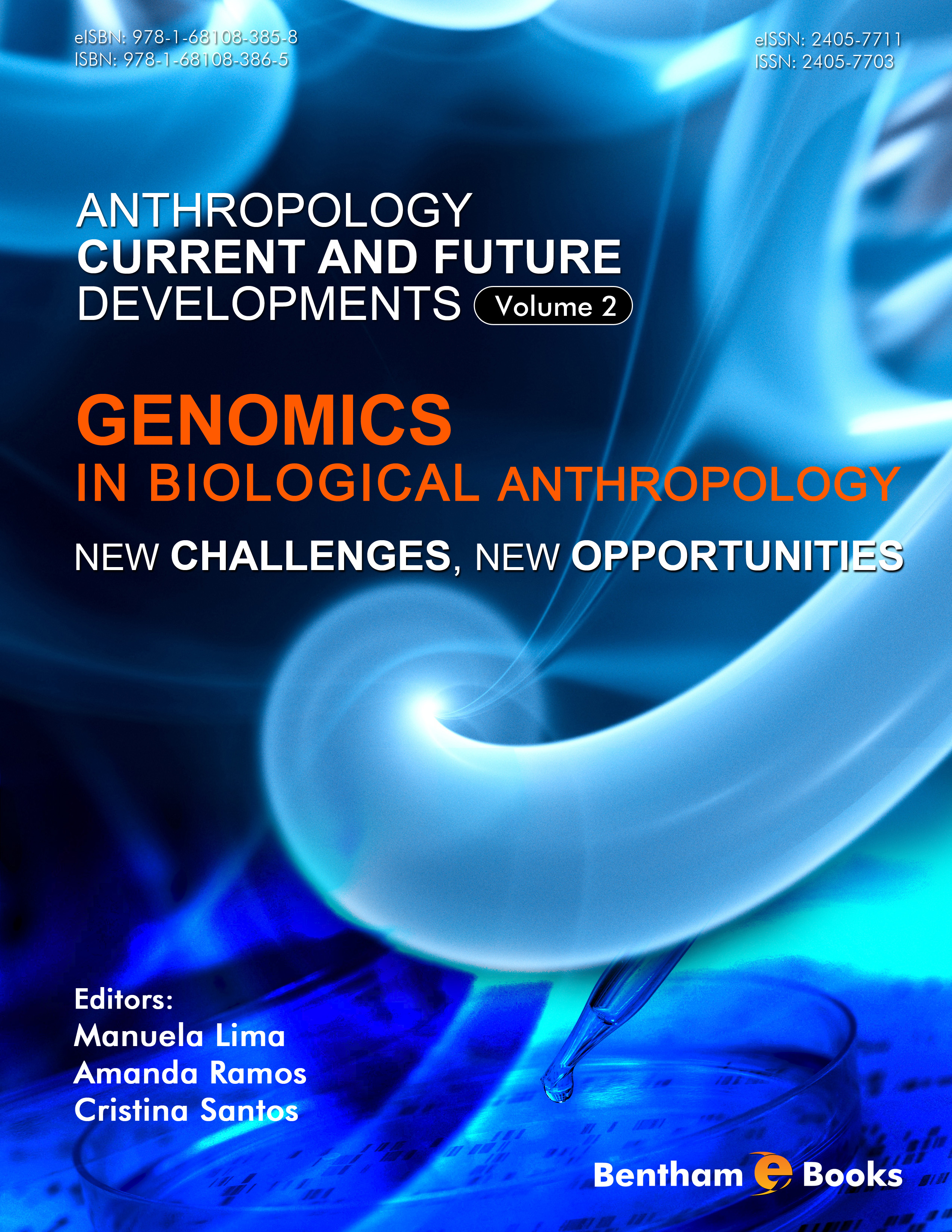Introduction
Molecular methodologies are crucial to our understanding of human population diversity, as well as our evolutionary relationships with nonhuman primates. The completion of the Human Genome Project has given researchers a complete human reference sequence of genes. Combined with very important advances in sequencing and bioinformatics technologies, genetic research projects are now of a multidisciplinary nature. Anthropologists have the tools to seek information related to questions concerning the origin of the human species. Genomics in Biological Anthropology: New Challenges, New Opportunities explores the impact of new advances in molecular methods, such as DNA sequencing, amplification and analysis on our knowledge about the genetics of prehistoric and existing humans. Topics covered in this volume include an overview of genomic projects, mitochondrial DNA (mtDNA) analysis, ancient DNA, mutation rates in chromosome Y, genomics of isolated populations, complex phenotypes and forensic anthropology.
This volume is a concise primer for students and general readers learning the basics about human genetics, human evolution and biological anthropology.

